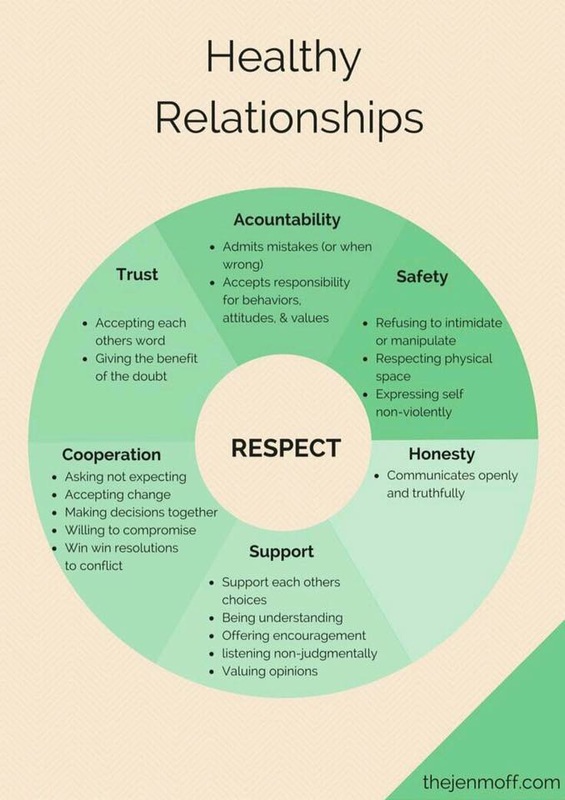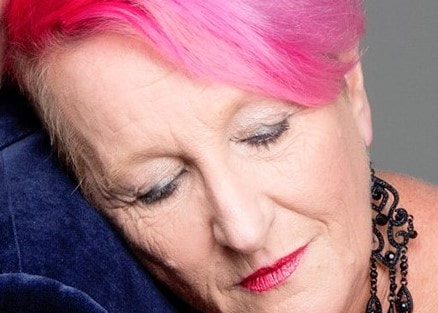Esther Perel talks about us needing both surprise and security to have desire and good sex. Security provides love, consistency and intimacy while surprise provides novelty and mystery and an otherness that is attractive.....how do we have both. Esther talks about us having the intimacy we require to feel secure but also how we can still maintain the mystery and excitement, how we can HAVE and WANT. To listen to her click on the link here.
Recent research by Birbaum (2016) echoes Perel "the need for security that intimacy typically provides may clash with the sense of uncertainty, novelty, and separateness that fuels desire, such that high levels of intimacy between partners may stifle sexual desire." But then goes on to show how the two can work together, how we can have both and may possibly need both to feed off each other. When our partner turns towards us, is responsive in an empathetic, intimate and caring way to what we are saying we feel heard, desired and worthy......this can increase our feelings of desirability and thus our desire for our partner.....this was especially the case for women. The conclusions of the research were "Overall, the findings elucidate the intimacy-desire paradox, suggesting that, under certain circumstances, it may not be a paradox: What determines whether intimacy instigates or inhibits desire is not the mere existence of intimacy, but its meaning in the larger context of a relationship. Responsiveness is most likely to instigate desire when it conveys the impression that the partner is worth pursuing and when engaging in sex with such a desirable partner is likely to promote an already valuable relationship."
So we can have both intimacy and desire, the wish to be sexual with each other does not always have to decrease over time as intimacy increases, but it takes work from all involved, to remain responsive to each other, to create excitement, to show each other that they are desirable and desired.


 RSS Feed
RSS Feed
